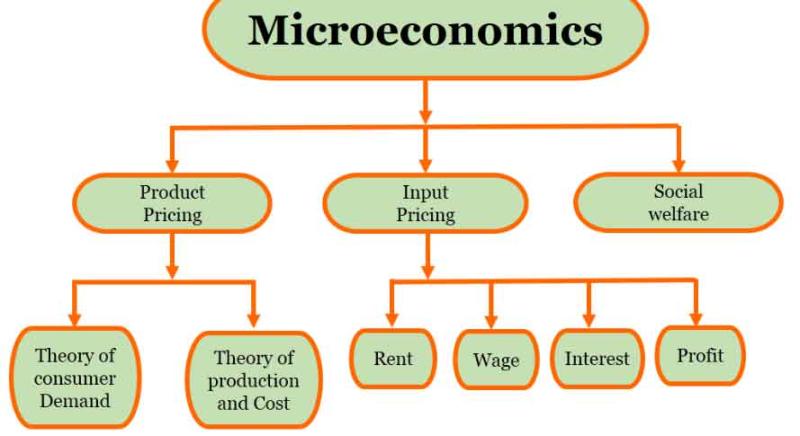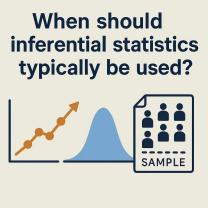What is the importance of microeconomics?
Microeconomics plays a crucial role in understanding how individuals, businesses, and governments make decisions regarding the allocation of resources in a world of scarcity. Its significance lies in several key aspects:
Allocation of Resources: Microeconomics examines how limited resources, such as money, time, and labor, are allocated among various competing uses. Understanding these allocations helps in maximizing efficiency and achieving the most desirable outcomes.
Individual Decision-Making: It provides insights into individual behavior, preferences, and decision-making processes, helping to understand how individuals choose among various alternatives based on their preferences, budget constraints, and utility maximization.
Market Behavior: Microeconomics analyzes the behavior of markets, including supply and demand dynamics, price determination, and the impact of market structures on consumer and producer behavior. This understanding is crucial for businesses in setting prices, determining production levels, and strategizing market entry.
Government Policies: Policymakers use microeconomic principles to design and implement policies related to taxation, regulation, trade, and social welfare. These policies aim to correct market failures, promote competition, and achieve economic efficiency.
Business Strategy: Microeconomics provides a framework for businesses to analyze costs, revenues, market conditions, and consumer behavior. It assists in making strategic decisions related to pricing, production, marketing, and resource allocation.
Resource Allocation Efficiency: By studying microeconomic concepts like marginal analysis and opportunity cost, individuals and businesses can make informed decisions that lead to more efficient resource allocation, reducing waste and maximizing benefits.
Understanding Economic Patterns: Microeconomics contributes to understanding economic trends, fluctuations, and patterns at the micro-level, which collectively influence macroeconomic phenomena like inflation, unemployment, and economic growth.
Consumer Welfare: It focuses on consumer behavior, preferences, and the impact of price changes on consumer surplus. This knowledge helps in ensuring consumer welfare and making markets more responsive to consumer needs.
In essence, microeconomics serves as a foundation for decision-making at the individual, business, and policy levels. It offers analytical tools and frameworks that help in understanding, predicting, and influencing economic behaviors and outcomes in a world where resources are limited and choices are abundant.
What role does microeconomics play in shaping economic decisions and behaviors?
Microeconomics plays a crucial role in shaping economic decisions and behaviors, acting as the magnifying glass focusing on individual and small-group interactions within the broader economic landscape. Here's how it influences our choices:
1. Understanding Incentives: Microeconomics provides tools to analyze how individuals and businesses respond to incentives – prices, profits, costs, and resources. This helps us predict changes in consumer behavior as prices fluctuate, businesses adjust production based on demand, or workers weigh options for employment based on wages and benefits.
2. Choice and Optimization: Microeconomics models how individuals and businesses make choices under constraints. We utilize frameworks like utility maximization and profit maximization to understand how people allocate limited resources (time, money, etc.) to fulfill their desires or achieve their goals. This sheds light on why we choose one product over another, why companies set specific prices, or how entrepreneurs allocate resources within their startups.
3. Market Mechanisms: Microeconomics analyzes how supply and demand interact to determine prices, resource allocation, and market outcomes. These principles help us understand the dynamics of competition, the formation of monopolies and oligopolies, and the consequences of regulations or government interventions in markets.
4. Understanding Tradeoffs: Every decision involves tradeoffs. Microeconomics helps us analyze these tradeoffs, like weighing the cost of education against future career prospects or comparing the benefits of leisure time with increased income from working overtime. This framework allows individuals and businesses to make informed choices considering the opportunity costs associated with each option.
5. Public Policy Implications: Microeconomic principles inform the design and evaluation of public policies. From analyzing the impact of taxes on consumer behavior to assessing the effectiveness of subsidies on certain industries, microeconomics provides crucial insights for policymakers to craft economic policies that achieve desired outcomes.
Beyond these direct influences, microeconomics also shapes economic behavior indirectly:
- Cultural norms and values: Microeconomic models can be used to analyze how cultural norms and values influence spending patterns, risk aversion, and economic decision-making.
- Technological advancements: Technological changes can shift incentives and alter market dynamics, which microeconomics can help us understand and predict.
- Behavioral aspects: Some branches of microeconomics integrate principles from psychology and behavioral economics to analyze how emotions, biases, and heuristics influence economic decisions.
In conclusion, microeconomics plays a fundamental role in shaping economic decisions and behaviors at various levels. By understanding how individuals and businesses respond to incentives, make choices under constraints, and interact within markets, we gain valuable insights into the functioning of the economy as a whole. This knowledge empowers us to make informed personal choices, design effective public policies, and navigate the ever-changing economic landscape.













